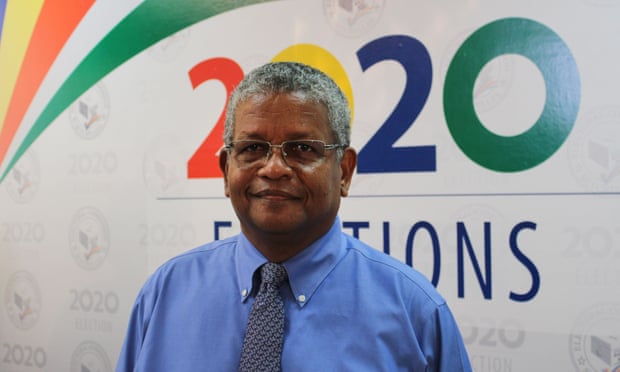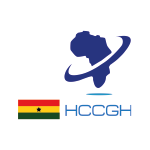
Wavel Ramkalawan wins presidency ousting incumbent United Seychelles party leader
An Anglican priest won the Seychelles presidential election on Sunday, marking the first opposition victory since the Indian Ocean archipelago’s independence from Britain more than four decades ago.
Wavel Ramkalawan won enough votes in the first round to clinch the presidency on his sixth attempt and called for unity after his victory.
“It is important to find how we can reconcile our people to go forward,” the 59-year-old said as his jubilant supporters began celebrating in the streets of the capital, Victoria.
The incumbent, Danny Faure, 58, who was running under the recently renamed United Seychelles party that had been in power since 1977, conceded defeat and wished his successor good luck.
Ramkalawan, the leader of the Linyon Demokratik Seselwa, or Seychelles Democratic Alliance, won 54.9% of the vote to Faure’s 43.5% to become the fifth president of the Seychelles.
The opposition also won the legislative election that took place from Thursday to Saturday alongside the presidential poll, with Ramkalawan’s party taking 25 seats, or two-thirds of the parliament. The United Seychelles party won 10 seats.
The opposition had been hoping for its first presidential win in the 44 years since independence from Britain. All previous presidents have come from the United Seychelles party, and Ramkalawan lost the 2015 race by only 200 votes.
The US state department hailed the election as a “another major milestone in Seychelles’s democracy”.
It said Washington looked “forward to expanding cooperation on a wide range of mutual interests including maritime security, good governance, and fighting drug abuse, piracy, and terrorism”.
The campaign had taken place mainly over social media, with rallies banned because of the coronavirus.
The Seychelles has recorded only 149 cases of Covid-19, mostly imported, but the pandemic has been a burning campaign issue because restrictions on global travel have hit the tourism industry, a major sector for the country’s economy and employer of many of its 98,000 people.
Visitor numbers have collapsed since March in what is normally a popular destination for honeymooners and paradise-seekers drawn by its sandy beaches and turquoise waters.
The economy has slowed significantly since the start of the pandemic and unemployment has risen to 6.3%, according to government figures.
Average income is among the highest in Africa, but the national statistics agency says about 40%t of Seychellois live in poverty because of the high cost of living.
